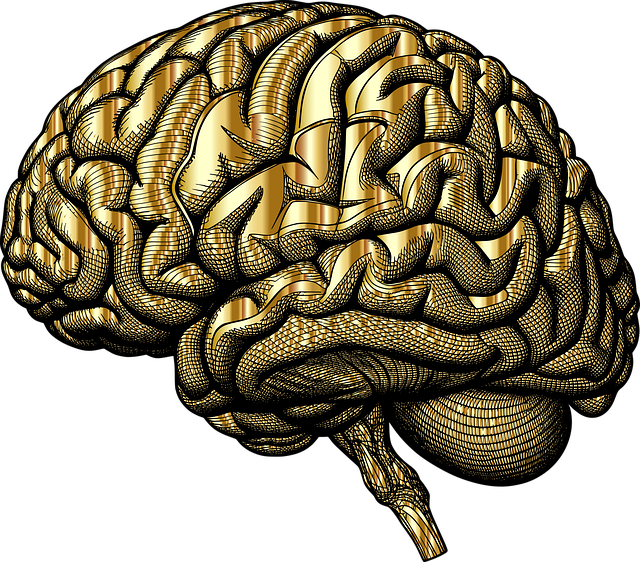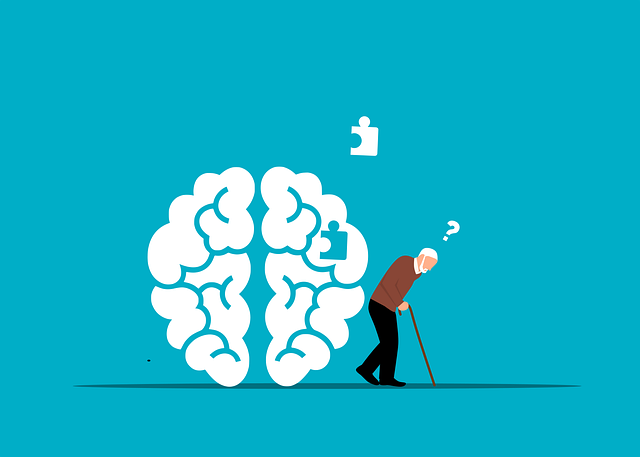Mental health data collection among adolescents aged 13-19 requires specialized approaches, including structured interviews, surveys, and self-reporting tools addressing unique challenges like anxiety, depression, and alcohol abuse. Community outreach programs encourage open communication through mindfulness meditation, fostering resilience. Advanced data analysis identifies patterns in teen alcohol abuse, enabling tailored interventions and risk management planning. Statistical techniques like regression, cluster analysis, and Structural Equation Modeling (SEM) help understand intricate relationships between variables, guiding holistic treatment approaches for co-occurring disorders. Effective strategies include self-care practices, social skills training, and positive thinking, empowering teens to manage conditions effectively for lasting recovery.
Mental health data analysis is a powerful tool in understanding and addressing issues like alcohol abuse among adolescents. This article delves into crucial aspects of mental health data collection, focusing on adolescents, and identifying patterns in teen alcohol abuse. We explore statistical techniques to interpret results, highlighting correlations between co-occurring disorders and substance use. By examining these factors, clinicians can enhance therapy for adolescent teens struggling with alcohol abuse, ultimately improving treatment outcomes and overall well-being.
- Understanding Mental Health Data Collection for Adolescents
- Identifying Patterns in Alcohol Abuse Among Teens
- Statistical Analysis Techniques for Interpreting Results
- Correlating Co-occurring Disorders and Substance Use
- Implications and Applications for Clinical Practice
Understanding Mental Health Data Collection for Adolescents

Understanding Mental health data collection for adolescents is a nuanced process that requires sensitive handling and specialized methods. Adolescents, aged 13 to 19, often face unique challenges related to mental well-being, including issues like anxiety, depression, and alcohol abuse. Effective data collection involves gaining their trust and ensuring their privacy while gathering insights into their experiences. This may include structured interviews, surveys, and self-reporting tools tailored to address teen-specific concerns, such as peer pressure, academic stress, and identity formation.
Community outreach programs play a vital role in this context by providing accessible platforms for adolescents to share their mental health data. Mindfulness meditation and mind over matter principles can be integrated into these initiatives to foster open communication and build resilience among young individuals. By combining robust data collection methods with community-based interventions, researchers and professionals can gain deeper insights into adolescent mental health issues like alcohol abuse, enabling more targeted and effective therapy for this demographic.
Identifying Patterns in Alcohol Abuse Among Teens

Identifying Patterns in Alcohol Abuse Among Teens is a critical aspect of mental health data analysis. By delving into trends and behaviors, healthcare professionals can better understand the scope and severity of this issue among adolescent teens. Through advanced statistical methods and comprehensive data interpretation, patterns emerge that reveal risk factors, peak abuse periods, and geographical variations. These insights enable tailored interventions such as targeted therapy for adolescent teens with alcohol abuse issues, enhancing the effectiveness of treatment programs.
Community Outreach Program Implementation and Risk Management Planning for Mental Health Professionals play a crucial role in addressing this challenge. Self-Awareness Exercises can help both teens and practitioners recognize warning signs early on, facilitating prompt intervention. By integrating these strategies alongside data analysis, mental health professionals can foster a supportive environment that promotes recovery and prevents alcohol abuse among teens.
Statistical Analysis Techniques for Interpreting Results

In mental health data analysis, various statistical techniques are employed to interpret results and gain meaningful insights from collected data. These methods play a crucial role in understanding complex behaviors and trends among adolescent teens, especially those struggling with alcohol abuse issues. For instance, regression analysis allows researchers to identify factors influencing drinking patterns, while cluster analysis can segment individuals into distinct groups based on their symptoms or treatment responses.
One effective approach is the use of advanced statistical models like structural equation modeling (SEM), which facilitates the examination of intricate relationships between variables. This technique has been valuable in evaluating the impact of therapy programs, including those focusing on trauma support services and mindfulness meditation. By integrating data from diverse sources, such as clinical assessments and community outreach program implementations, SEM provides a comprehensive understanding of adolescent mental health outcomes, particularly in relation to alcohol abuse therapy.
Correlating Co-occurring Disorders and Substance Use

In the realm of mental health data analysis, correlating co-occurring disorders and substance use is a complex yet crucial task. Studies show that adolescent teens struggling with alcohol abuse often exhibit concomitant mental health issues. For instance, therapy for adolescent teens with alcohol dependence frequently uncovers underlying conditions such as anxiety, depression, or even bipolar disorder. This interconnectedness necessitates a holistic approach to treatment, where addressing one issue can significantly impact the management of another.
Self-care practices, social skills training, and positive thinking have emerged as effective tools in navigating these complex cases. By incorporating strategies that foster self-compassion, enhance interpersonal connections, and promote optimistic thinking, mental health professionals can empower teens to manage both their primary disorder and any co-occurring conditions effectively. This multifaceted approach ensures that adolescents receive comprehensive care tailored to their unique needs, setting them on a path towards lasting recovery.
Implications and Applications for Clinical Practice

The analysis of mental health data offers profound implications for clinical practice, especially when it comes to addressing pressing issues like alcohol abuse among adolescent teens. By sifting through trends and patterns in large datasets, researchers can uncover insights that inform more targeted and effective interventions. This is particularly crucial in identifying at-risk populations and tailoring therapy programs for specific needs. For instance, data might reveal elevated rates of alcohol abuse within certain demographic groups or highlight correlations between mental health issues and substance misuse, guiding the development of tailored therapies for adolescent teens.
Incorporating compassion cultivation practices and empathy building strategies into treatment plans can be significantly enhanced by data-driven insights. Understanding the broader social and cultural contexts contributing to mental health challenges allows healthcare professionals to design more holistic support systems. This approach not only addresses symptoms but also fosters mental wellness by cultivating resilience and nurturing a sense of belonging among teens struggling with alcohol abuse, ultimately leading to better outcomes and long-term recovery.
Mental health data analysis is a powerful tool in understanding and addressing issues like alcohol abuse among adolescents. By employing statistical techniques to interpret complex datasets, we can identify patterns and trends that guide evidence-based therapy for teenage alcohol use disorders. This analysis reveals crucial correlations between co-occurring disorders, enabling clinicians to develop comprehensive treatment plans tailored to the unique needs of adolescent teens. Through these insights, mental health professionals can enhance their practice, ultimately improving outcomes and fostering better lives for young individuals struggling with alcohol abuse.











